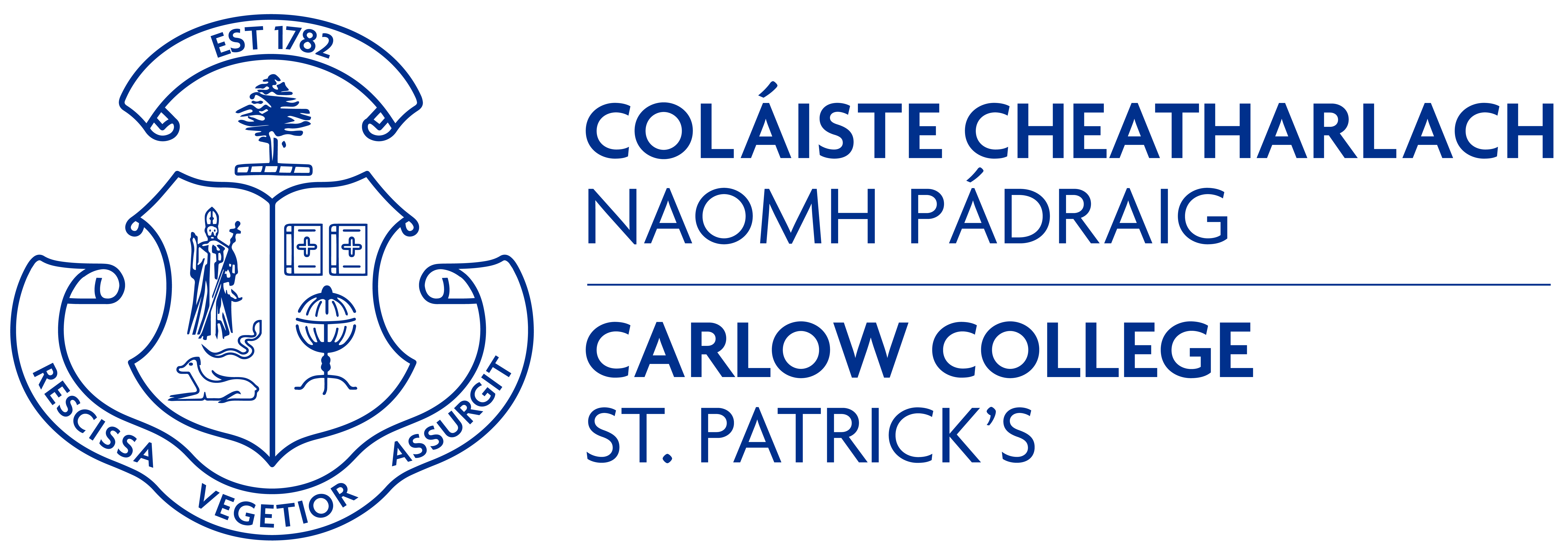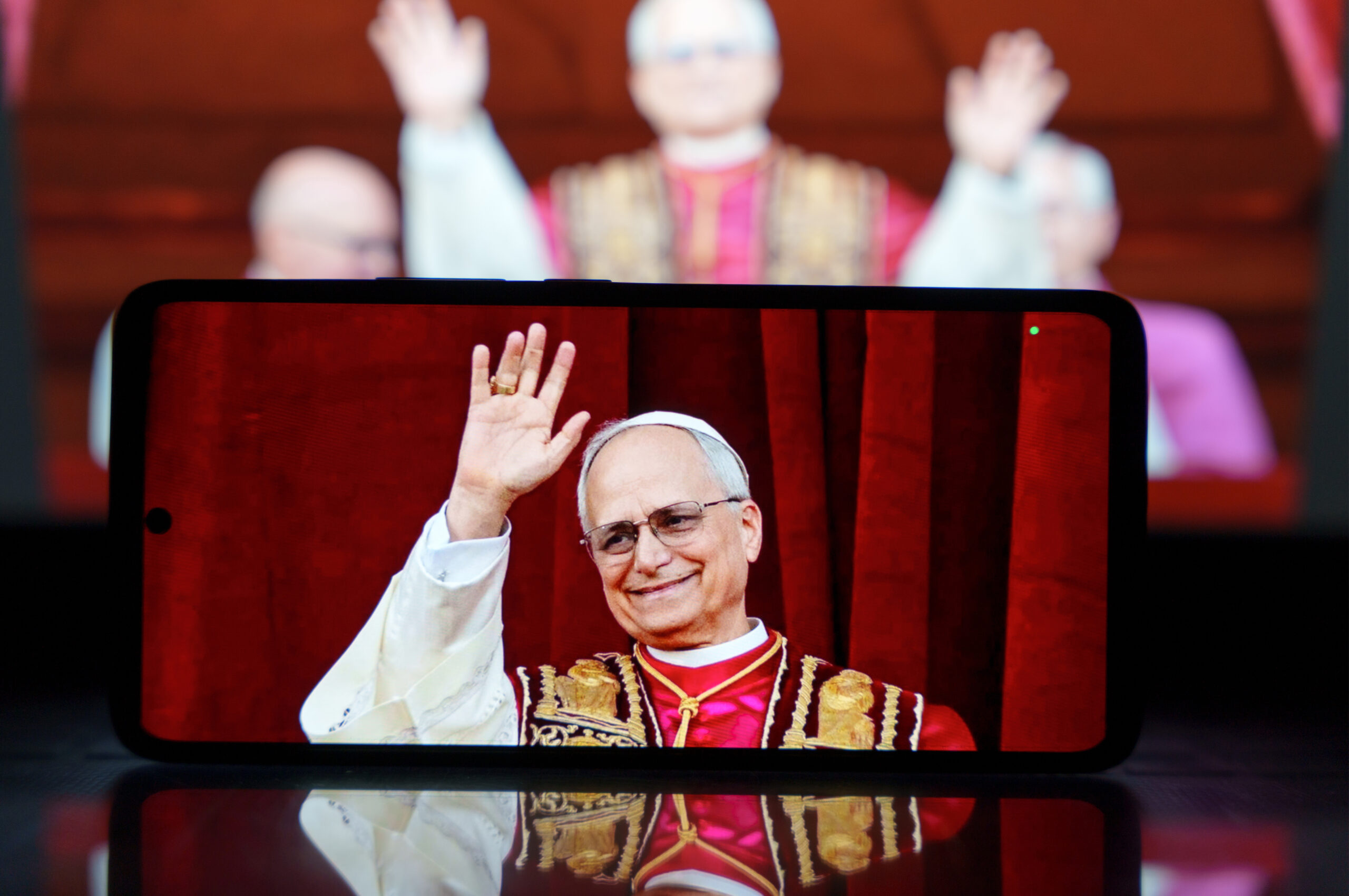Thursday’s election of Robert Francis Cardinal Prevost, American by birth and shaped by his many years of missionary ministry in Peru, as Pope Leo XIV marks another defining moment in the life of the Roman Catholic Church. As we begin to take in the significance of his election and the direction he may yet chart, it is already clear that Pope Leo XIV is drawing on the Church’s rich social tradition to engage the ethical challenges of our time, particularly those emerging from the rapid development of artificial intelligence. In his first formal meeting with the College of Cardinals on Saturday, May 10, Pope Leo XIV expressed his sense of being called to continue in the path of Pope Leo XIII, whose landmark encyclical Rerum Novarum (1891), laid the foundations of Catholic Social Teaching in the face of industrialisation and economic upheaval. Pope Leo XIV recognises ‘another industrial revolution…the field of artificial intelligence that [poses] new challenges for the defense of human dignity, justice, and labour’, gesturing toward a similar need for discernment, guided by tradition and open to the future.
This vision also aligns closely with Pope Francis’ teaching in Laudato Si’, which calls for an integral ecology attentive not only to environmental degradation but also to technological power, and in Fratelli Tutti, which warns against the flattening of human relationships in an age of digital abstraction. Pope Leo XIV seems poised to build upon Francis’ work by directing fresh attention to the ethical and social implications of artificial intelligence, including the global inequalities it may reinforce and the ecological costs it too often obscures.
Pope Leo XIV’s coat of arms reflects his Augustinian roots and his commitment to unity and communion within the Church. The shield features a blue background with a white lily and, in the lower half, a closed book with a heart pierced by an arrow, symbolising Saint Augustine’s conversion. His motto, In Illo uno unum (‘In the One, we are one’), echoes Augustine’s teaching that in Christ, we are united despite our differences. In a 2023 interview with Vatican News, then-Cardinal Prevost spoke about the significance of this motto: ‘As can be seen from my episcopal motto, unity and communion are truly part of the charism of the Order of Saint Augustine, and also of my way of acting and thinking,’ he said. ‘I believe it is very important to promote communion in the Church, and we know well that communion, participation, and mission are the three key words of the Synod. So, as an Augustinian, for me promoting unity and communion is fundamental.’ His papal coat of arms ‘offers a clear reflection of his Augustinian roots and the values he seeks to promote during his pontificate, particularly unity and communion within the Church’ (Vatican News, 10 May 2025).
In this twenty-first century chapter of the Leonine tradition, the thought of the nineteenth-century St John Henry Newman offers valuable insight. Newman’s theory of the development of doctrine reminds us that the Church does not respond to new realities by abandoning tradition, but by allowing it to unfold in ways that remain true to its core. Just as Rerum Novarum marked a development in Roman Catholic thinking in response to industrial capitalism, so too Pope Leo XIV may be understood as discerning how the Church must respond to a new technological epoch, one in which questions of human dignity, labour, conscience, and justice take on new dimensions.
In our own Carlow College community, I am also thinking especially of our final-year students, who have just completed their module on Christian ethics, having traced the arc of Catholic Social Teaching from Rerum Novarum onwards. Throughout the module, they explored how this tradition is rooted in the biblical vision of justice and compassion, a vision that continues to guide the Church’s moral response to new realities. The election of Pope Leo XIV offers a fitting and thought-provoking bookend to that journey. It is a timely reminder that the tradition they have studied is not static but alive, responsive, and unfolding still. As someone who teaches and studies the Catholic tradition, and who also introduces first-year students to the ethical and responsible use of generative AI, I find Pope Leo XIV’s vision both encouraging and timely. I await with interest the direction it will take.
Dr Amelia Fleming is a lecturer in Theology at Carlow College, St. Patrick’s.

